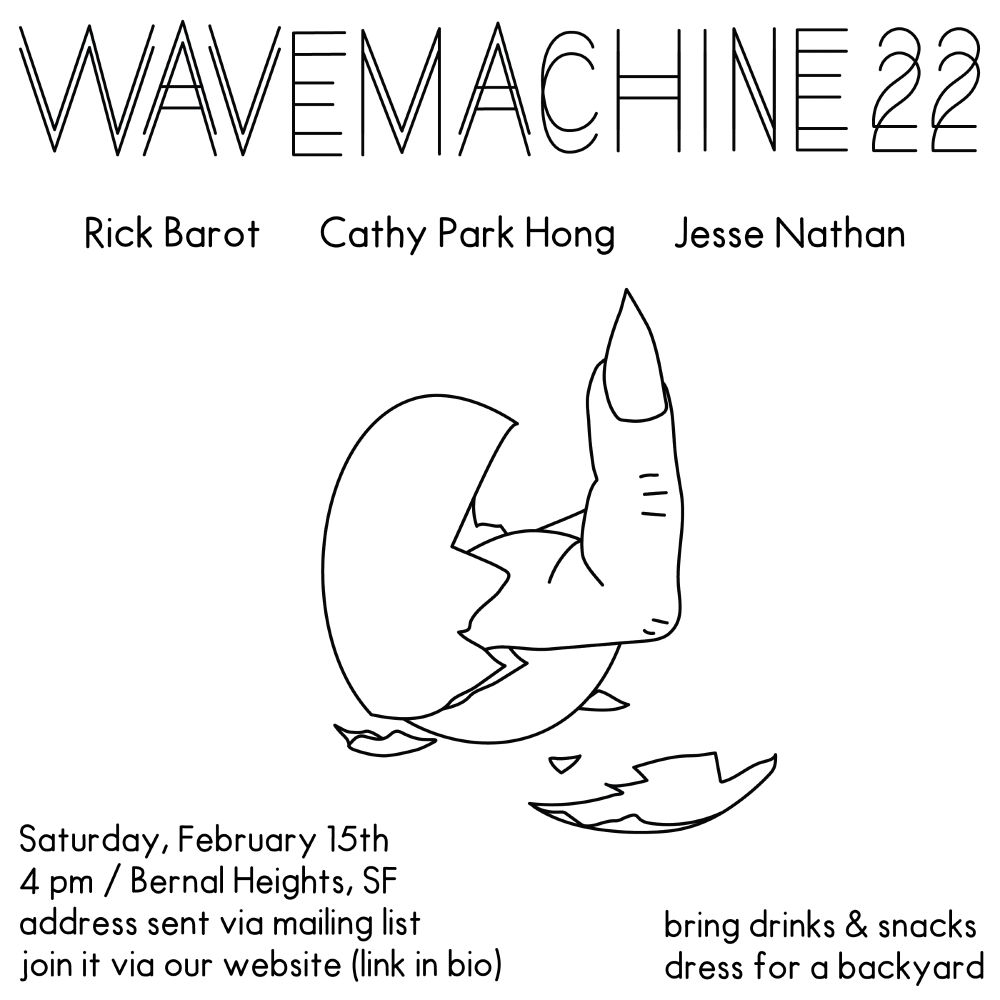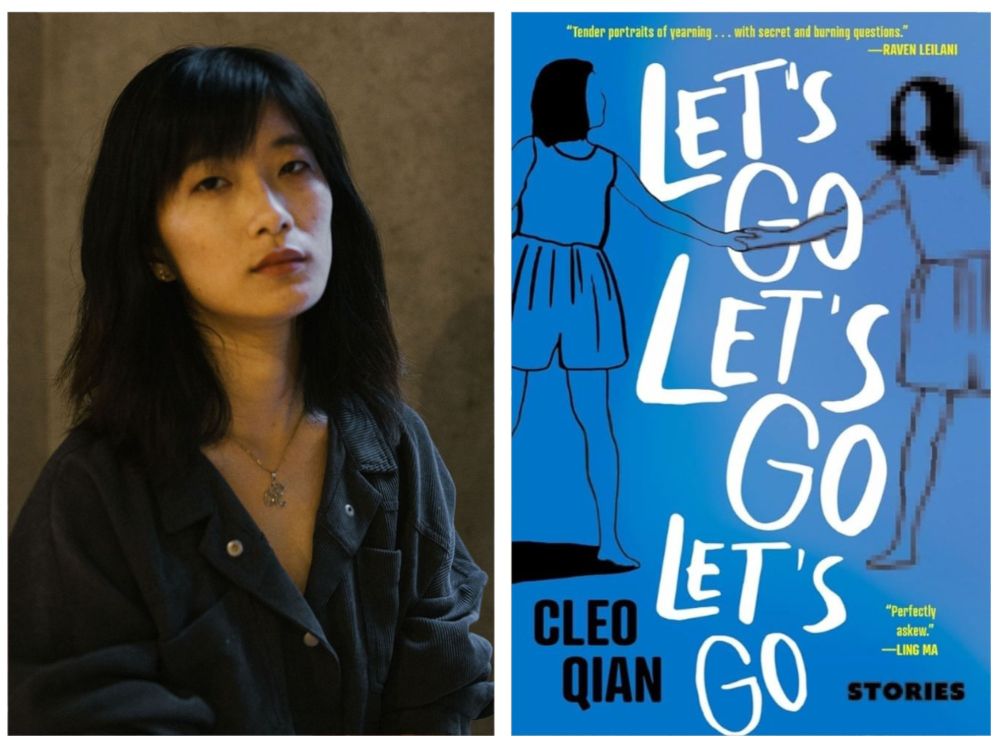Short Conversations with Poets: Matthew Zapruder
Mahmoud Darwish called clarity the greatest mystery. Matthew Zapruder writes poems that are precise in their architecture and mysteriously limpid in their meanings. And full of avowals, resistances to any final conclusiveness, open to—even when saddened by—the endless mutability of things. A mutability that seems to call up in him an energy of doubt, and because he seems at heart a poet of praise, there is a gorgeous melancholy to the pictures of the world he paints in words. And that’s only part of why they are so deeply pleasurable to read. This is the kind of reading that’s a physical pleasure, a pleasure in the mind and in the way the language unfolds in the imagination of the senses. _I Love Hearing Your Dreams_ , the poet’s fifth collection, is not really about dreams but about the ways human beings relate and connect, or miss the connection, or long for it, or work at its toils and hallucinations, and sometimes even find a fleeting peace in the pressures of time. Here’s how “For Young Poets” begins:
> People talk about flowers
> all the time just like
> they talk about nuns
> and pianos but hardly
> anyone can explain
> what they are for
… and of course that last sentiment applies to poetry, a question Zapruder has confronted elsewhere in prose, in books like _Why Poetry_ and _The Story of a Poem_. Poems, the book argues, are for memory the way that love is for living. Short lines, unexpected line breaks that always somehow also feel inevitable—this is the style of the book. Lines of two or three words shimmer quickly down the page, headlong, nimble—“I Dream of Leon Spinks,” for instance, begins
> In my dream
> as he did in life
> he raises his arms
> and we are all
> alive in 1978,
> sitting uneasily
> as always too
> close together
> on the green couch,
> watching the soon
> to be defeated
> greatest one
> rest against
> the ropes …
The power in these poems is their commitment to both aesthetics and communication. To both lyric memory and a compact with the reader. Zapruder’s poetic roots are in a mixture of the New York School’s buoyant vision and European surrealism’s biting associativeness. It’s been a potent combination, book after book, but the degree to which the poet swings between these poles—a construct which is after all my invention, not his—varies a great deal, and there’s a freshness in the movement, book after book. In this one, poems have titles like “Listening to Paintings” but also “Failed Elegy.” Zapruder’s surrealism has passed through the wearing of time. Here he returns to earlier form, but not to content—the aboutness of the poems is that which his debut self could not have written. These new poems constitute a stubborn realism but the surreal magic of parataxis—of leaping intuitively rather than logically—is their engine. They are riven with information, but they do not take knowledge to be the highest end. There is humility in such an epistemology. “I Don’t Know” is the poem—and the note—that the book ends on, asking, among other things,
> what feeling
> is surrounded by glass
> inside the museum of
> not knowing
- - -
JESSE NATHAN: I love how the poems move between knowledge and mystery. Sometimes, a poem is very specific in its knowing, and sometimes, it resists specific knowledge for a dreamier, broader, more encompassing term. In some ways, this is just the difference between calling it a maple or calling it a tree. What is your sense of the relationship between poetry and knowing?
MATTHEW ZAPRUDER: I’ve been walking around the past week or so thinking about your question. It reminded me of something I thought very early on when I first started writing poetry, in my early twenties. I couldn’t figure out what to do, or not do. I couldn’t get out of my own way enough to let poems start to manifest. My own attempts to be wise or profound or poetic or all of those things were blocking something. And I remember thinking, kind of suddenly and intuitively, and without understanding what it even meant, you need to learn how to be a window. You have to learn to let some things pass through you into the room of the poem, so they can be perceived. It took me a long time to learn how to do that, and I have to relearn it every time I write a poem.
Much later, I read Jack Spicer’s manic, brilliant lectures he gave in Vancouver, where he talks about how poets are like transmitting devices for the messages of aliens. He says that poets are radios tuned to receive alien wisdom and transmit it through our poems. I don’t think he was being metaphorical. He was talking about the role of education, and saying basically that if the aliens want to use a poet as a transmitting device, the poet needs to accumulate as much language (hopefully multiple languages!) and knowledge as possible, even and perhaps especially esoteric knowledge that might not seem so useful on our plane of existence. That way the aliens will have something to work with. If all they have to use are rudimentary tools, it’s like giving them only a child’s building blocks to write their messages. They will be limited in what they can do.
I think my entire life as a writer I have just been trying to give the aliens, or language, or the world, or my own hidden consciousness, more tools to say whatever needs to be said, as clearly and directly as possible. Yes, there will be leaps and associations, because that is where truths are that can only be revealed in poetry (or maybe dreams). That’s what I call “music” in poetry, like the music of the spheres, though it is also intimately bound up in sound. Somehow things have to sound and feel “right” for them to be true. I honestly don’t think I make poems. I think I make myself a vessel for them. Maybe there is some me in there making them, but if so, I don’t have access to that part of my consciousness. I am just here to serve whatever that is, and whatever poems it makes. Or, as Ted Berrigan wrote, “The world’s furious song flows through my costume.”

























